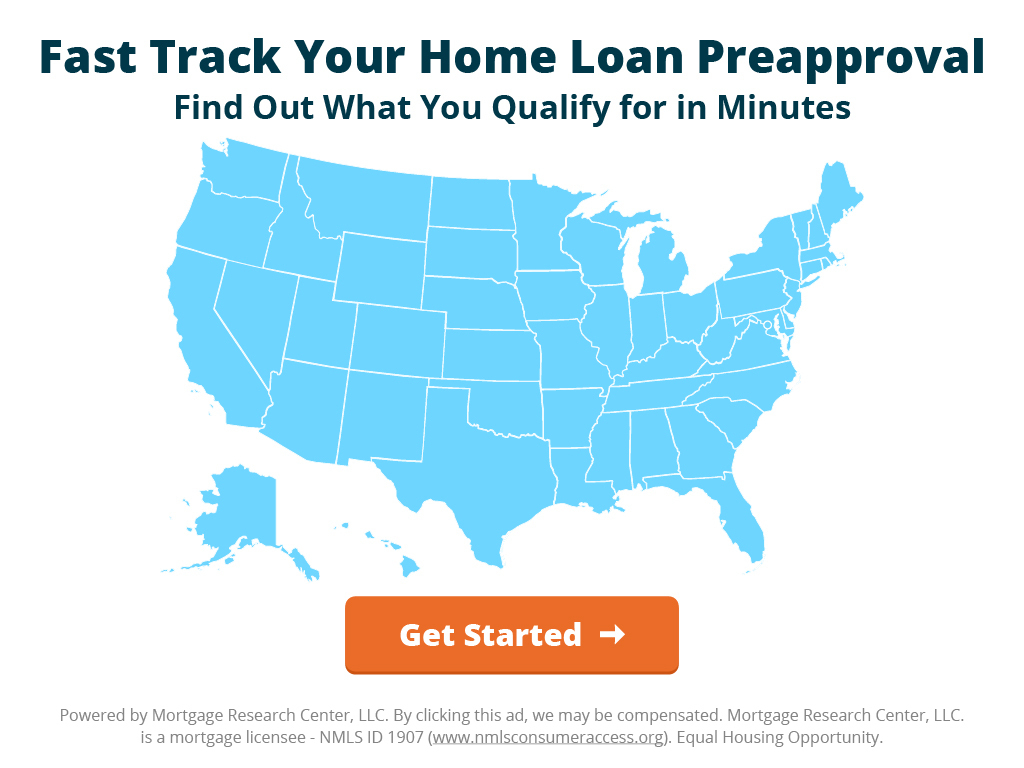Can Your Netflix or Xbox Accounts Help You to Get a Mortgage?

For mortgage-seekers, credit history is crucial. A borrower’s credit score is often the determining factor for getting a home loan and it can even impact interest rates.
But, one in five adult Americans has an insufficient credit history to get the score used by lenders to approve home loans, according to the Consumer Financial Protection Bureau (CFPB). Unscored consumers fall into two categories: About 11% of the adult U.S. population are “credit invisible,” meaning they have no credit records, and another 8.3% are “unscorable,” meaning they have credit histories but not enough recent data to generate a score, according to the CFPB.
Now, alternative credit companies are promising unscored Americans the chance to qualify for loans using accounts that don’t report to bureaus. But while consumers routinely use alternative credit to qualify for products like car loans and credit cards, it hasn’t made much of a dent in the mortgage industry, according to a report in December by the U.S. Government Accountability Office (GAO).
About 0.07% of mortgages backed by Fannie Mae and Freddie Mac for the purchases of single-family homes between 2016 and 2020 were given to borrowers without credit scores, according to the study. In the same period, the share of scoreless home loans backed by the Federal Housing Administration was 0.31%, for the U.S. Department of Agriculture it was 2.4%, and for loans backed by the Veterans Administration it was 0.10%, the report said.
So while borrowers might be able to use bank transactions involving their Xbox and Netflix accounts to qualify for smaller lines of credit, lenders aren’t often using them to underwrite mortgages.
» Expert Tip: Looking to buy soon? Set yourself up for having your offer accepted on a home by getting preapproved for a mortgage prior to your home search.
What is Alternative Credit?
When businesses issue credit accounts, they typically report repayment data to one or more of the nation's three largest credit-reporting agencies – Equifax, Experian or TransUnion. Companies like Fair Isaac Corporation (FICO) compute credit scores based on data reported by these agencies. Lenders use those scores – for FICO, ranging from 300 to 850 – to assess credit risk. Higher credit scores mean lower lender risk, which often means lower interest rates.
Alternative credit includes data that typically isn’t reported to credit bureaus, so it doesn’t figure into FICO or other scores. This can be everything from rent payments to education level and other “soft” data.
Alternative credit services have been around for three decades, but most recently, consumers can enroll in products like Experian Boost, which will scan bank accounts to detect non-credit reportable bill payments. These can include payments to Netflix, Hulu, AT&T and Verizon, as well as utility payments. Gamer accounts – like Xbox, PlayStation and Nintendo Switch – don’t yet qualify for Experian Boost.
People who successfully used Experian to increase their credit score found an average increase of 13 points, according to data on its website. But for many users, Boost doesn’t result in any FICO increase, and lenders typically use an industry-specific version of FICO that may not be the number the consumer sees.
Experian Boost can only increase scores for borrowers with at least one actively reporting account on their credit report.
Do Lenders Use Alternative Credit to Underwrite Mortgages?
Borrowers can’t use alternative credit to qualify for every type of loan. Conforming and government-backed loans have different eligibility requirements. Whether you can use alternative credit for qualification depends on the loan type.
For example, FHA-insured and USDA-guaranteed loans will only accept alternative credit in loan underwriting when borrowers don’t have a credit score at all, according to the GAO. USDA loans will use them only if the borrower has scores from two or fewer CRAs or no credit scores at all. VA loans can use alternative credit to qualify all borrowers, but the practice is rare.
Loans conforming to Fannie Mae’s requirements can use alternative credit for first-time homebuyers with a FICO credit score. FICO generates scores only when all three CRAs report scores for an individual.
Freddie Mac will consider alternative credit when it appears on a credit report or when borrowers have a limited credit history.
Both Fannie Mae and Freddie Mac have expanded programs allowing the use on-time rent payments during the underwriting process, using bank statements provided by applicants.
But even with the ability to underwrite Fannie and Freddie loans with alternative credit, government data shows lenders often don’t, suggesting mortgage lenders aren’t comfortable with it.
“Lenders told us they must manually underwrite loans that use alternative data because the automated underwriting systems they use do not accept alternative data,” the GAO report said. “They said this can be time-consuming and resource intensive because it involves requesting and validating information from borrowers.”
Furthermore, while lenders can underwrite Fannie and Freddie loans with alternative credit, the enterprises don’t use most of that data for portfolio credit assessments, which limits the number of loans they can legally issue based on alternative credit, the report said.
» Expert Tip: Thinking about buying a home but want to secure a good rate? Find a lender that gives you the power to lock an interest rate for an extended period so you can shop around for a home comfortably knowing that your rate is secure and won't go up. Get started here!
More from Mortgage Research News:
Buying a Home? How to Recession-Proof Your Credit Score
What's the Difference Between a Mortgage Pre-Approval and a Pre-Qualification?






